Guidance For Alternative Education
SOULFUL STUDIES explores THE OPPORTUNITIES THAT EXIST AND HELPS YOU CHOOSE WHAT iS BEST FOR YOUR child AND FAMILY
Home-Schooling
A resurgence in Home Education took off when the world was upended due to CoVid. Families and teachers were caught off guard by this virus and waited out the school year as best they could. Most are still unsure of what the future holds or even how to help their children at this time. Should you homeschool? Can you homeschool? What does it mean to homeschool? Can you work and educate your child? These and many more questions arise when thinking of the upcoming school year.
Do you need help navigating the choices present in education? Soulful Studies can help you understand your options and decide on the best path forward.
Schedule a quick 30 minute call with an Education Consultant to help identify the best path forward for you and your family.
The Crisis in Education and A Call for Moral Preservation
In contemporary society, our youth find themselves under significant ideological and moral attack. The principles that underpin our way of life are being increasingly challenged by modern educational systems and cultural movements. At the heart of this struggle is the need to preserve the core tenets of belief, which safeguard our religion (Deen), life (Nafs), lineage (Nasab), intellect (Aql), and wealth (Ma’al).
1. The Attack on Religion (Deen)
Our public education systems often promote secular and atheistic ideologies that stand in stark contrast to the teachings of our religion. The principles of our faith are undermined by a curriculum that frequently sidesteps the importance of spirituality and religious values. This creates an environment where young people question their beliefs and moral compass, leading to a disconnection from their religious roots, or worse embracing atheism.
2. The Assault on Life (Nafs)
In recent years, schools have undergone a profound transformation, shifting from environments that were once considered safe spaces for children—both physically and intellectually—to zones marked by fear and anxiety. The alarming rise in school shootings has shattered the sense of security that students and educators once took for granted. Instead of focusing solely on education and personal growth, institutions are now compelled to implement shelter-in-place drills, preparing students for potential threats rather than fostering a nurturing atmosphere. Moreover, the increasing reliance on mass surveillance within school premises adds another layer of concern. While intended to enhance safety, these measures can create an environment of distrust and anxiety, further undermining the sense of community that schools should embody. This shift raises critical questions about the implications for students’ mental health, social development, and overall learning experience. As we navigate this new reality, it is essential to reevaluate how we can restore schools to their fundamental purpose: providing a safe, supportive, and enriching environment for all students.
3. The Degradation of Lineage (Nasab)
The ongoing debates surrounding issues such as gender identity and sexual orientation have introduced a wave of nihilistic attitudes that challenge the sanctity of life as understood by our religion. The promotion of agendas that endorse promiscuity and alternative lifestyles lead to a degradation of family values and lineage, which are vital components of our identity. The legalized push for gender transformation drugs and surgeries without parental consent, is a direct attack on the family and familial values.
4. The Erosion of Intellect (Aql)
Modern education often prioritizes conformity over critical thinking. The rise of substance abuse, misdiagnosis of mental health issues, and the normalization of drug culture serve to distract and detract from the intellectual growth of our youth. Our religion emphasizes the importance of intellect and wisdom, yet these values are often compromised in an educational landscape that fails to nurture them.
5. The Corruption of Wealth (Ma’al)
Ethics and morality in financial dealings are increasingly overlooked in today's society. The idea of 'license to cheat' has permeated various aspects of life, leading to a culture where dishonesty is often rewarded. This erosion of ethical standards in wealth creation and distribution stands in direct opposition to the principles of our deen, which advocates for fairness and justice in all financial matters.
Today's educational environment is fraught with challenges. The certainties that once provided guidance—such as the existence of God and the essence of gender—are now met with skepticism. Meanwhile, the uncertainties of life are presented with an alarming degree of certainty. The influence of technology, social media, and AI platforms like ChatGPT have transformed traditional learning into a mere form of 'edutainment.' This shift dilutes the quality of education, reducing deep learning to superficial engagement.
As we navigate this complex landscape, it is crucial to recognize the importance of preserving the principles of Islam. Our educational systems must be reformed to reflect values that uphold our religious beliefs, honor our lineage, foster intellectual growth, and promote ethical conduct. It is our responsibility to ensure that the next generation is equipped with the tools they need to thrive while remaining anchored in their faith and cultural heritage. Only by doing so can we combat the various attacks on our way of life and cultivate a future that aligns with the teachings of Islam.



